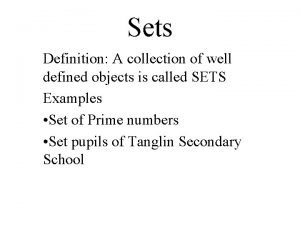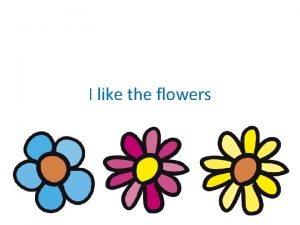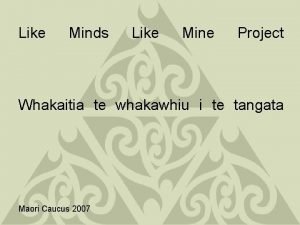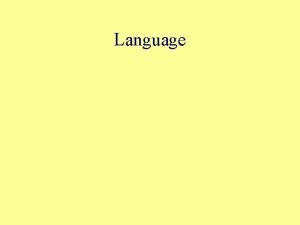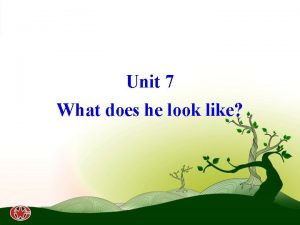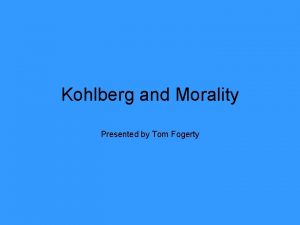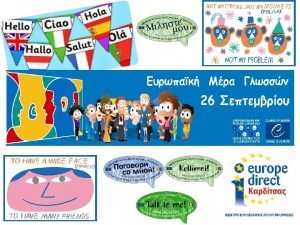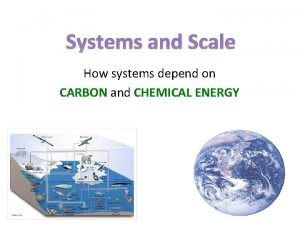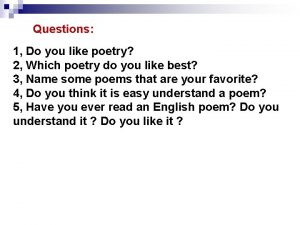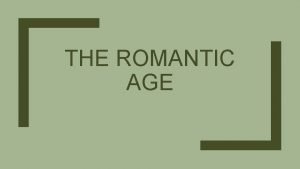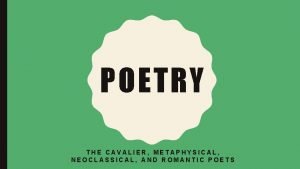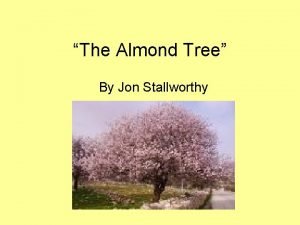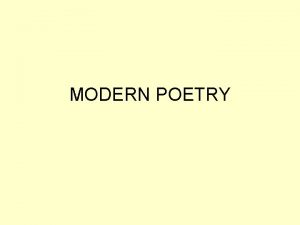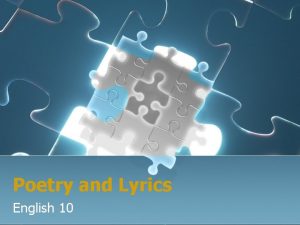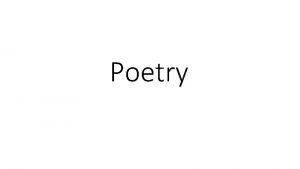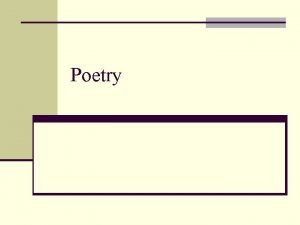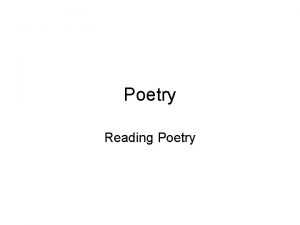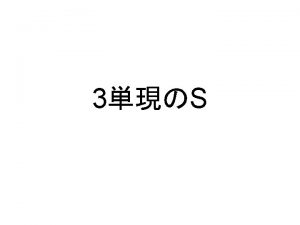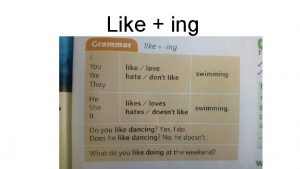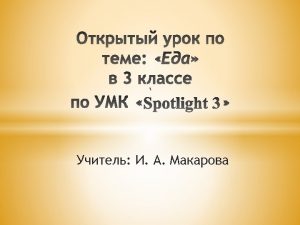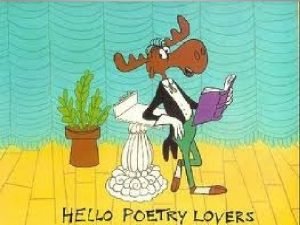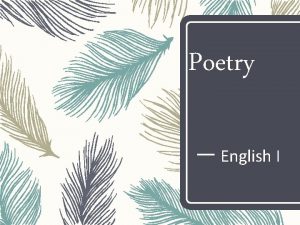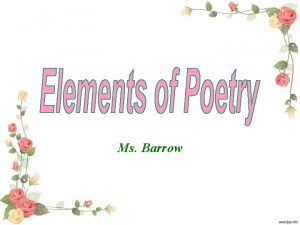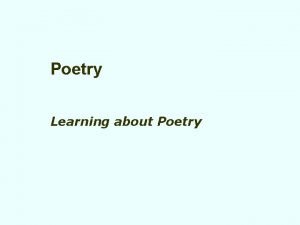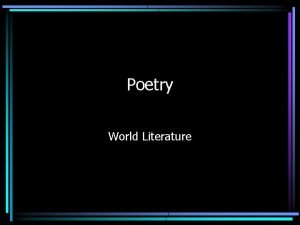Like what IS Poetry Poetry defined Poetry is





















- Slides: 21

Like, what IS Poetry?

Poetry defined �“Poetry is the kind of thing poets write. ” -Robert Frost 1874 -1963

Poetry �Poetry eludes simple definition �Read through a poem and see what characteristics might be a part of the definition

Poetry �If Robert Frost had said, “Poetry is a rhythmical composition of words expressing an attitude, designed to surprise and delight, and to arouse an emotional response, ” we might have been content.

Poetry �It’s a different kind of presentation of words, thoughts, feelings. �Poets want their audience to be moved, affected, changed.

Sloooow down…… �A poem differs from most prose in that it is to be read slowly, carefully and attentively.

Let’s expand this idea �What is the work of a poem? To touch us, to stir us, to make us glad (or sad or mad), and possibly even to tell us something.

Myths about poetry �Maybe we can figure out what it is if we figure out what it isn’t.

Myth #1 �Poems have to rhyme. �Roses are red, Violets are blue; I made this Power. Point Especially for You.

Myth #2 �Free Verse is simply chopped-up sentences strung along a page. As Mort Castle said: ▪ Just because you shape it like a poem doesn’t mean it is a p 0 e m

Myth #3 �Poetry is whatever you want it to be. Where am I going? What does life mean? Why does no one listen? Why does no one care? Why is life so painful? Why am I so lonely? Where can I find love? How long must I wait?

Pobrecita!!!. . . BUT…

No…. . �Just questions, not poetry! �No images! �No figures of speech! �No interesting use-of-language! �No insight or implication! �None of the devices of poetry! �None of the art!

Myth #4 �Poetry is abstract. �It means whatever the poet wants it to mean. Poetry isn’t a Rorschach test. It isn’t abstract. It isn’t vague. Poetry is as exact and concrete as sculpture. Poets, especially, choose words veeeeeery carefully because of the format itself.

Myth #5 �Poems are intended to teach important truths. �Nope: Sermons, lectures, essays, abstracts and informative articles do that. Poetry is art and the role of art is to REFLECT life, not to teach lessons.

Myth #6 �Poems are usually depressing. �Poignant clichés make poems tragic. �No they aren’t/don’t.

“A Single Tear” Under the pale moon a pale maiden wrapped in diaphanous black mourned her lost love In her slender fingers white as alabaster she held a wilting rose red as her blood

……. . (YUCK!) Her red blood ran along her white wrists and mixed with the red of the rose Under the pale moon her face froze to wax her blood froze to rubies and, dying, she wept a single tear

Case in Point: �What lesson do you learn from viewing the Mona Lisa?

An Echo from Willow-wood (Christina Rossetti, ca. 1870) Two gazed into a pool, he gazed and she, Not hand in hand, yet heart in heart, I think, Pale and reluctant on the water's brink, As on the brink of parting which must be. Each eyed the other's aspect, she and he, Each felt one hungering heart leap up and sink, Each tasted bitterness which both must drink, There on the brink of life's dividing sea. Lilies upon the surface, deep below Two wistful faces craving each for each, Resolute and reluctant without speech: — A sudden ripple made the faces flow One moment joined, to vanish out of reach: So those hearts joined, and ah were parted so.

An Echo from Willow-wood (Christina Rossetti, ca. 1870) Two gazed into a pool, he gazed and she, not hand in hand, yet heart in heart, I think, pale and reluctant on the water's brink, as on the brink of parting which must be. Each eyed the other's aspect, she and he, each felt one hungering heart leap up and sink, each tasted bitterness which both must drink, there on the brink of life's dividing sea. Lilies upon the surface, deep below two wistful faces craving each for each, resolute and reluctant without speech: — a sudden ripple made the faces flow one moment joined, to vanish out of reach: so those hearts joined, and ah were parted so.
 It is a collection of well defined object
It is a collection of well defined object Liedje i like the flowers
Liedje i like the flowers Would prefer گرامر
Would prefer گرامر Like minds like mine
Like minds like mine Ambiguities definition
Ambiguities definition I like you like it
I like you like it Who does he look like
Who does he look like Postconventional morality
Postconventional morality Which features of the sun look like huge cloudlike arches
Which features of the sun look like huge cloudlike arches What he looks like or how he looks like
What he looks like or how he looks like Takov
Takov Why does ethanol look like water but behave more like wood?
Why does ethanol look like water but behave more like wood? Do you like poetry
Do you like poetry Famous non narrative poems
Famous non narrative poems Augustan poetry vs romantic poetry
Augustan poetry vs romantic poetry Metaphysical poetry
Metaphysical poetry The almond tree poem
The almond tree poem Experimentation in modern poetry
Experimentation in modern poetry An elixir is defined as a/an
An elixir is defined as a/an A fuel’s net energy yield is correctly defined as
A fuel’s net energy yield is correctly defined as Factors necessary for appropriate service standards
Factors necessary for appropriate service standards Learning is defined as:
Learning is defined as:
